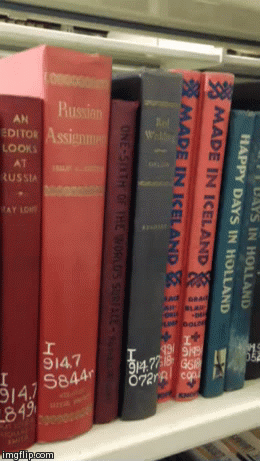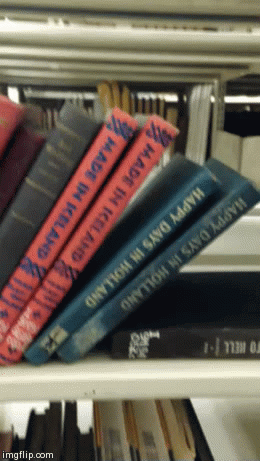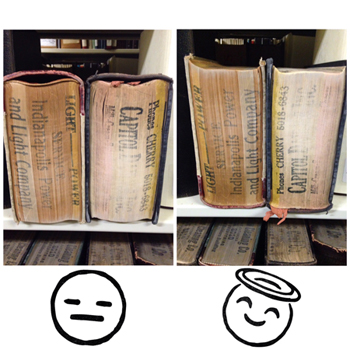The Indiana Library Federation connected library personnel for two days in November. The conference theme was “Strengthening Connections: Your Key to Success.” The keynote speaker, author Daniel Handler, emphasized his connections where he related his past experience reading local newspapers, and curiously reading unusual stories 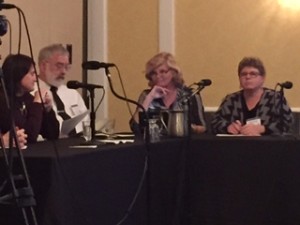 that may or may not be a lesson to the reader. The results are Daniel Handler’s Lemony Snicket stories, a “series of unfortunate events.” I give you a small sampling of fortunate events that started on Tuesday November 16, the first day of the conference.
that may or may not be a lesson to the reader. The results are Daniel Handler’s Lemony Snicket stories, a “series of unfortunate events.” I give you a small sampling of fortunate events that started on Tuesday November 16, the first day of the conference.
“Arguing for Aristotle: Connecting the Evolution of Small towns and the Future of Public Libraries” by Zachary Benedict reinforced my belief in libraries as public spaces to make people happy, to assist the public with their inward development, where quality civic space and a good life are experienced. It was not all philosophical. 80% of libraries are in small towns of less than 25,000 people. So like Greek and Roman public spaces, public libraries need to be well designed and well intended.
This was followed by “We’re Not in Kansas Anymore” a panel of library directors and technical service person discussed the implementation of broadband technology in their library spaces. Discussion began with what each library has in terms of technology infrastructure, what obstacles there are to overcome (more than money alone), what success looks like, and where to go in the future.
Wednesday, November 17, a packed room with a standing crowd enjoyed Laura Solomon presentation on “Absolutely Free (and Practically Unknown) Online Tools You Didn’t Know You Needed.” Some sites are for productivity but she closed the presentation with http://www.omnomnomify.com, an Internet tool to Cookie Monster your web pages. All of us need sites that can assist us in handling information but levity is good, too.
Participants laughed at themselves, recalled memories and experiences, and look to the coming year to implement what was learned in our conference connections.
This blog post was written by Karen Ainslie, Library Development Librarian and Professional Development Office Librarian. For more information, contact the Library Development Office at (317) 232-3697 or email statewideservices@library.in.gov.

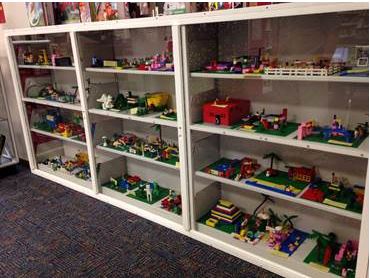
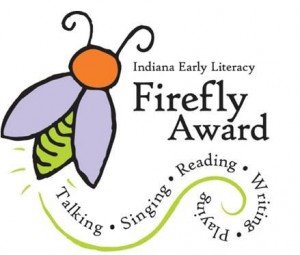



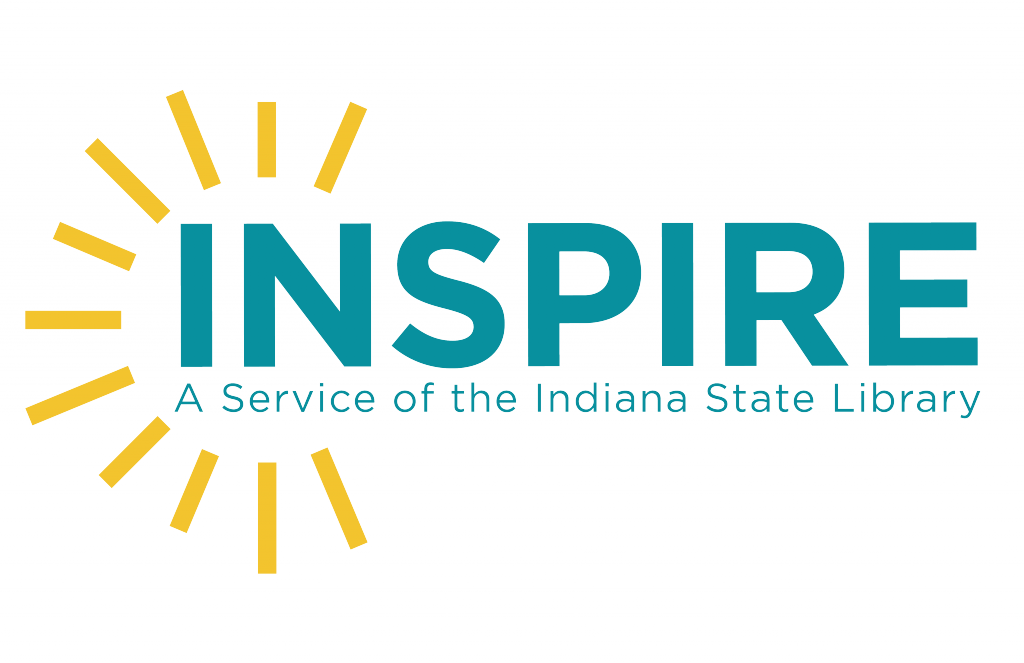 Here’s where
Here’s where 
